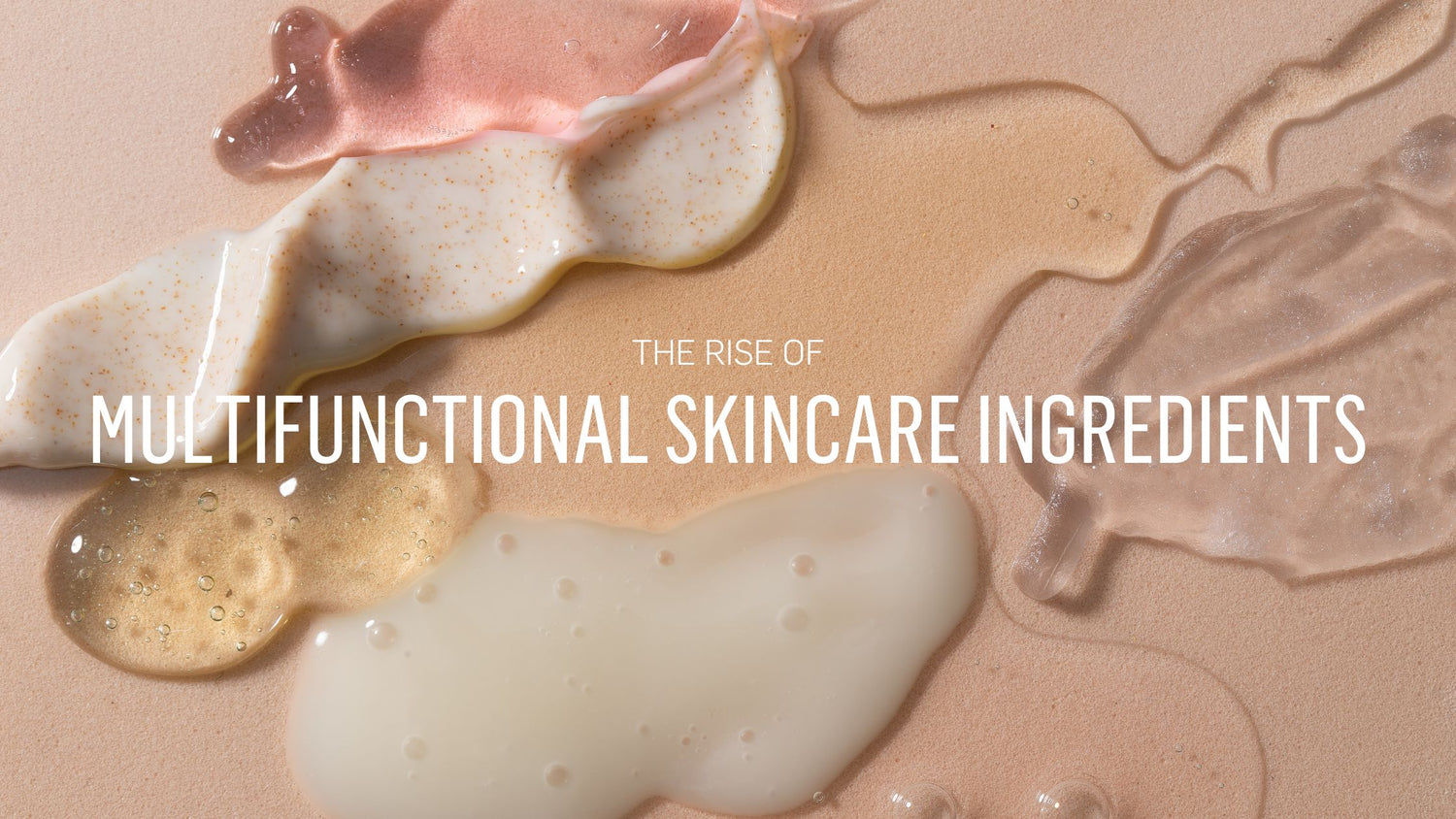Vitamin C, a powerhouse antioxidant, is a key ingredient in many skincare products, celebrated for its myriad benefits that can transform the skin's appearance and health. However, not all Vitamin C products are created equal, and understanding the different forms of Vitamin C, their potencies, and how they benefit the skin, as well as potential cautions, can help you make informed choices in your skincare regimen.
Vitamin C's benefits for the skin are extensive, including:
- Boosting Collagen Production: Essential for firm, youthful skin.
- Fading Pigmentation: Reduces the appearance of dark spots and evens out skin tone.
- Protecting Against Sun Damage: Neutralizes free radicals, offering an extra layer of protection in conjunction with sunscreen.
- Enhancing Skin Radiance: Gives the skin a healthy, radiant glow.
The Different Forms of Vitamin C
Vitamin C comes in various active forms, each with its unique strengths. The most potent form is L-Ascorbic Acid (L-AA), renowned for its effectiveness in collagen synthesis, which promotes skin elasticity and reduces signs of aging. However, its high potency comes with a downside; L-AA can be quite irritating, especially for sensitive skin, and is unstable when exposed to light and air.
To combat these issues, scientists have developed more stable and less irritating derivatives, such as Ascorbyl Palmitate, Magnesium Ascorbyl Phosphate (MAP), and Sodium Ascorbyl Phosphate (SAP). While these forms are gentler and more stable, they're also less potent, meaning they may take longer to show results. However, for those with sensitive skin, these derivatives can be a boon, offering Vitamin C's benefits without the associated irritation.
You may be wondering, can we have best of both worlds? A less irritating, more stable form of vitamin c that is also highly effective?

Certainly! 3-O-Ethyl Ascorbic Acid offers a harmonious blend of potency and gentleness. This derivative is chemically modified to increase its stability and solubility, which allows it to penetrate the skin more effectively than some other forms of Vitamin C. It's known for combining the powerful benefits of L-Ascorbic Acid—such as promoting collagen production, brightening the complexion, and reducing the appearance of fine lines and wrinkles—with a significantly lower risk of irritation.
How? you may ask.
One of the standout features of 3-O-Ethyl Ascorbic Acid is its ability to convert to L-Ascorbic Acid once absorbed into the skin, ensuring you receive the full spectrum of Vitamin C benefits. This conversion process makes it an excellent option for those seeking the anti-aging and skin-brightening effects of Vitamin C without the common side effects associated with L-Ascorbic Acid, such as redness or sensitivity. Additionally, its enhanced stability means it's less prone to oxidation, ensuring a longer shelf life and maintained efficacy over time. When considering a Vitamin C product, 3-O-Ethyl Ascorbic Acid presents a compelling option for those looking for an effective, yet gentle, skincare solution.

If you are looking for a Vitamin C serum formulated with 3-O-Ethyl Ascorbic Acid, don't look further than Kalaia's Keep Smooth - Day & Night Serum. Now you know why it is one of the most effective Vitamin C serum in the market.
While Vitamin C is generally safe for most skin types, there are a few precautions to keep in mind:
- Skin Irritation: Especially with L-Ascorbic Acid, can cause irritation or allergic reactions in some individuals. Conduct a patch test before fully incorporating a new product into your regimen.
- pH Levels: The effectiveness of L-Ascorbic Acid is pH-dependent; it works best at a low pH, which can be irritating. Derivatives are less pH-dependent and can be formulated at a milder pH level.
- Interactions with Other Ingredients: Vitamin C can interact with certain ingredients, such as retinol and niacinamide, potentially causing irritation or reducing effectiveness. It's advisable to use these ingredients at different times of the day or use a product that's formulated with these ingredients in proper concentrations instead of mixing products from different brands on your own.
Vitamin C is a versatile and potent ingredient in skincare, capable of transforming the skin when used correctly. By understanding the different forms of Vitamin C, their potencies, and how to incorporate them into your skincare routine safely, you can harness their full potential while minimizing any potential downsides. Always remember, the best skincare routine is the one that works best for your unique skin.









